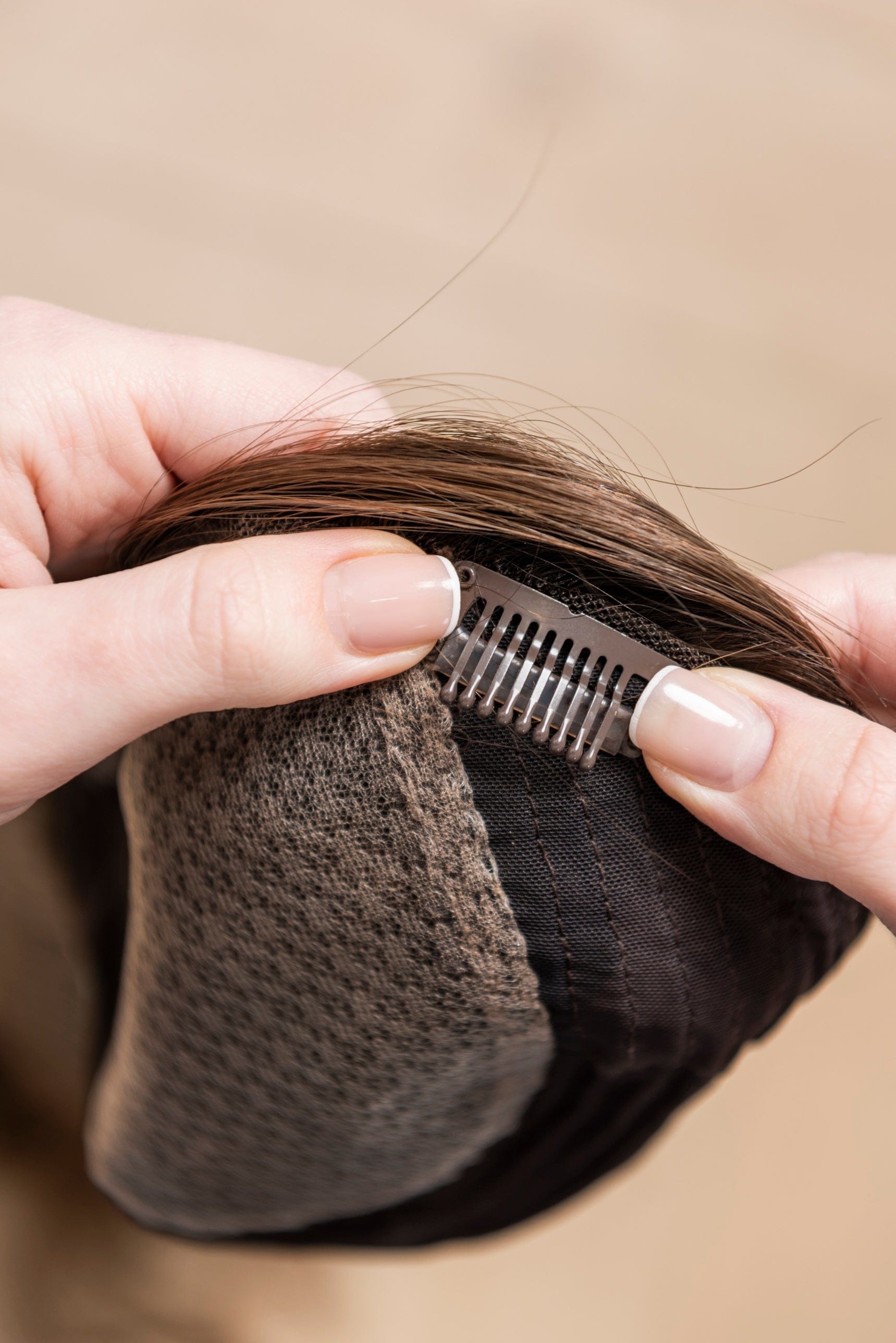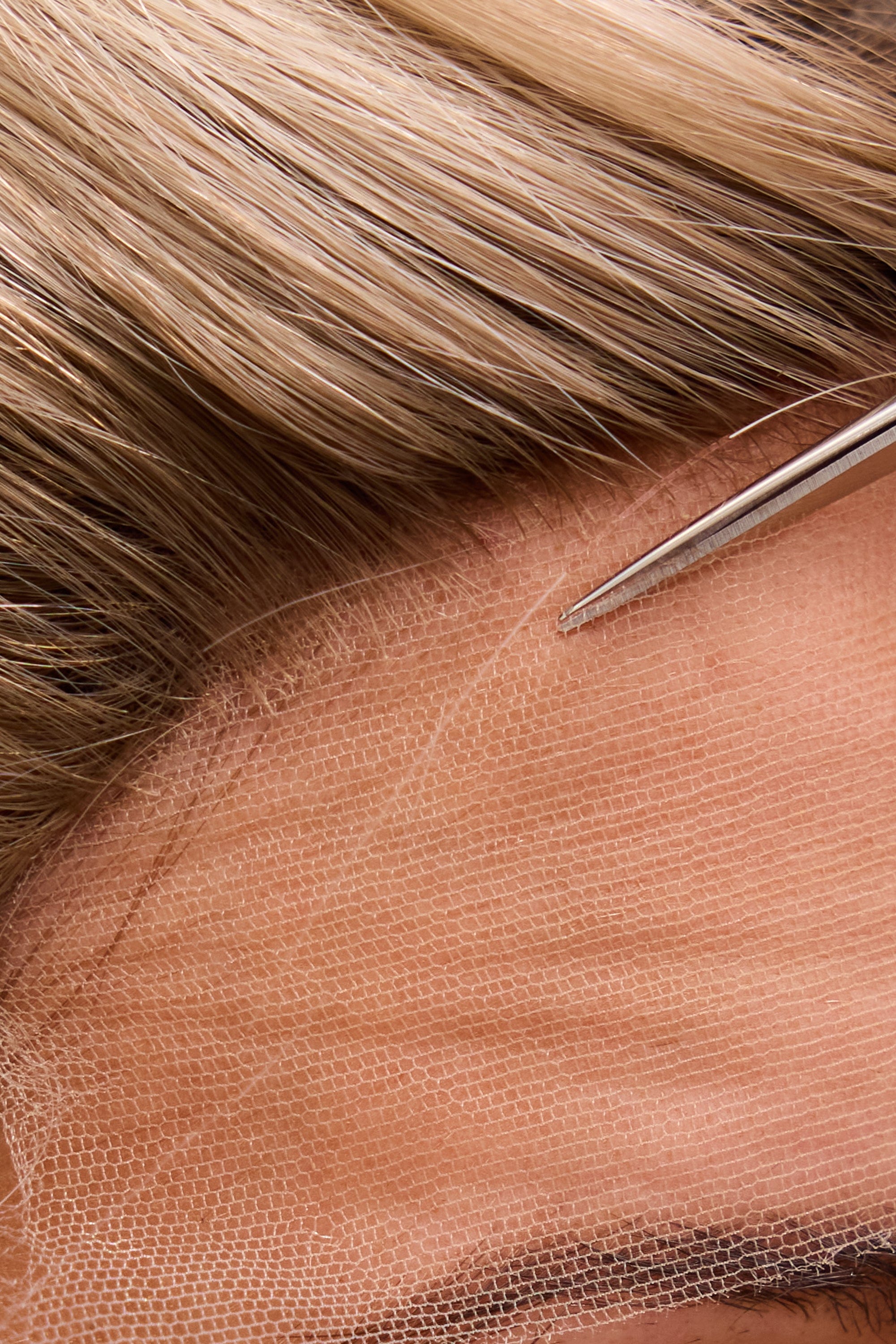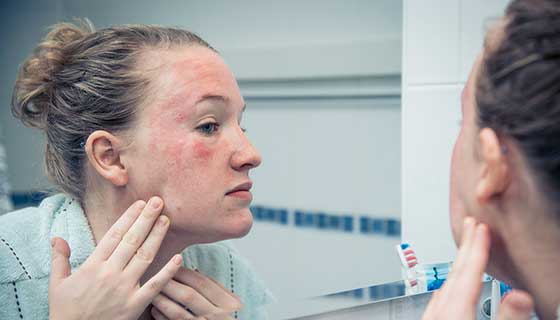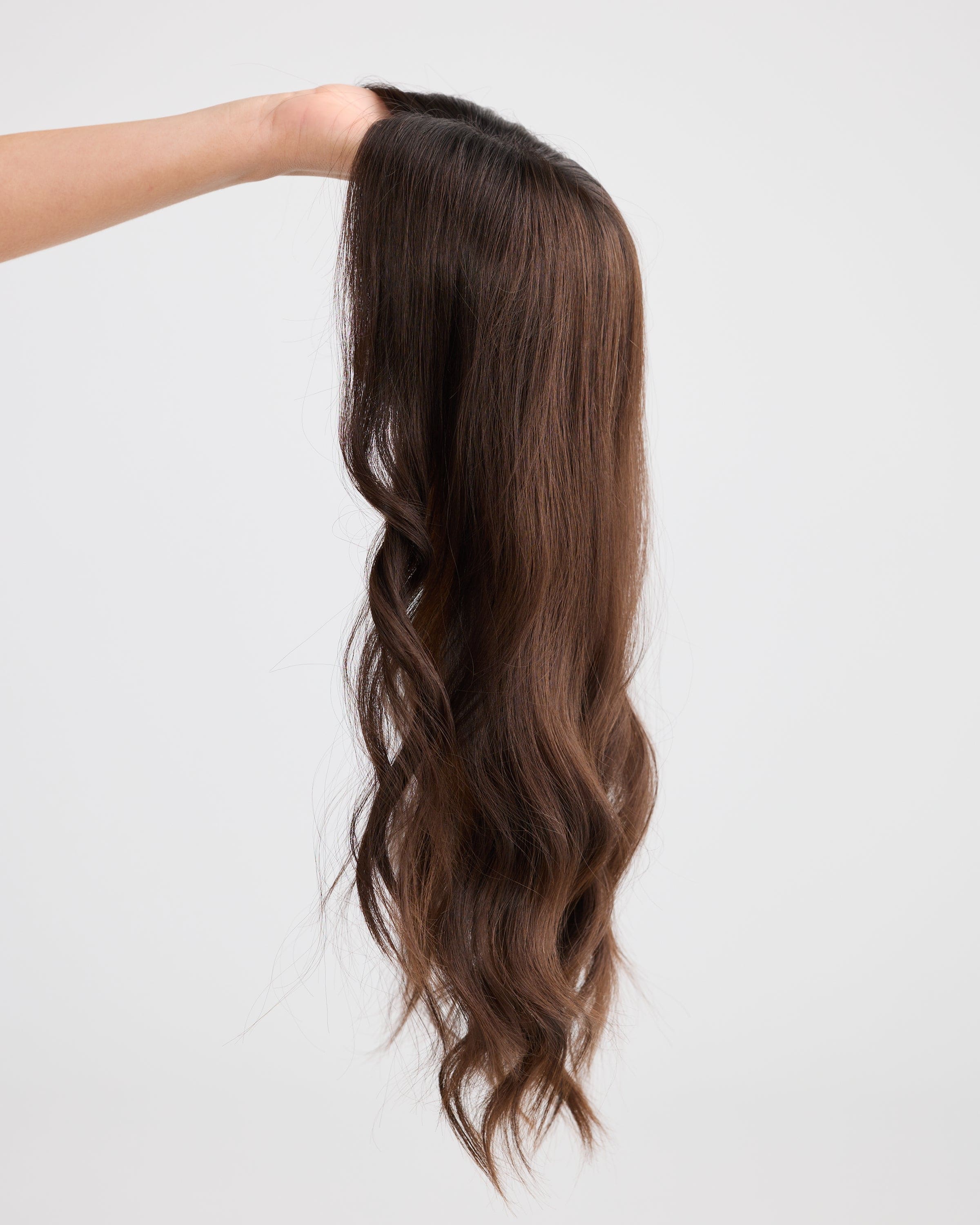One thing I've learned over the years is that hair loss isn't just about genetics or stress. Sometimes, it's about the medications we take. Yep, you heard me right. Some of those pills that are supposed to help us can also have side effects that affect our luscious locks. So, let's dive deep and uncover the mystery behind medications and hair loss.
1. Birth Control Pills
Starting off with a big one here! Many of us have been on or are currently on birth control pills. They're a great solution for many women, but they can also lead to hair thinning or loss. It's all about the hormones,. Some birth control pills can cause hair to move from the growing phase to the resting phase too soon, leading to hair loss.
Interestingly, starting or stopping birth control pills can trigger hair loss. When you stop taking the pill, the sudden change in hormonal levels can shock the hair follicles, leading to increased shedding.
If you've noticed changes in your hair since starting the pill, it might be worth having a chat with your doctor.
2. Blood Pressure Medications
For all our heart-healthy warriors out there, this one's for you. Some blood pressure medications, especially beta-blockers, can lead to hair loss. These blood pressure medications can push hair from the growth phase into the resting phase prematurely. This phenomenon is known as telogen effluvium, which can result in increased hair shedding.
While the primary goal of these medications is to regulate blood pressure, they can sometimes reduce blood flow to the hair follicles. Adequate blood flow is essential for hair growth as it delivers oxygen and nutrients to the hair roots. Reduced blood flow can weaken the hair shaft, leading to hair loss. It's not super common, but it's something to be aware of.
If you're on these meds and are noticing some changes in your hair, don't panic. There are other options out there, and a conversation with your doctor might be in order.
3. Antidepressants
Mental health is so important, and I'm all for seeking help when we need it. But, some antidepressants can have hair loss as a side effect. It's a bit of a double whammy, right? You're trying to feel better mentally, and then your hair starts thinning.
Antidepressants can sometimes push a larger number of hairs into the telogen phase prematurely. This results in increased hair shedding, usually two to four months after starting the medication.
Not all antidepressants are equally associated with hair loss. Some reports suggest that hair loss might be more common with certain drugs, such as sertraline (Zoloft) or paroxetine (Paxil), though it can potentially occur with any antidepressant.
In some cases, hair loss might be dose-dependent, meaning the higher the dose of the medication, the greater the risk of hair loss. However, this isn't always the case, and even individuals on low doses can experience hair shedding.
But remember, it's not forever, and there are always alternatives.
4. Chemotherapy Drugs
This one's a bit obvious, but it's worth mentioning. Chemotherapy is a life-saving treatment for many, but it's also known for causing hair loss. Remember, it's okay to seek out hair solutions during this time. Whether it's a wig, topper, or scarf, do what makes YOU feel good.
5. Acne Medications
Clear skin is something many of us strive for, but some acne medications that contain vitamin A can lead to hair loss. It's a rare side effect, but it's something to be aware of.
The most well-known acne medication associated with hair loss is isotretinoin (commonly known by brand names like Accutane). Isotretinoin is a derivative of vitamin A and is used to treat severe, cystic acne. While it's effective, it can lead to hair thinning in some individuals. This is because an excess of vitamin A can push hair follicles into the telogen (resting) phase, leading to increased shedding, a condition known as telogen effluvium.
Some acne treatments work by adjusting hormone levels, especially in women who experience acne due to hormonal fluctuations. Medications like spironolactone, which reduces androgen levels, can, in rare cases, lead to hair loss. However, it's worth noting that spironolactone is also used to treat female-pattern hair loss, so its effects on hair can vary from person to person.
Oral antibiotics, like tetracycline or doxycycline, are sometimes prescribed for acne. Long-term use of antibiotics can deplete gut bacteria, which can interfere with the absorption of essential nutrients necessary for hair health. A deficiency in these nutrients can contribute to hair thinning or loss.
While less common, some topical acne treatments might cause localized hair loss if applied to the scalp or areas with hair. This is usually due to an allergic or irritant reaction to one of the ingredients in the medication.
It's essential to understand that hair loss might not always be directly due to the medication itself. The stress of dealing with severe acne, changes in diet, or other underlying health conditions can also contribute to hair loss. It's a multifaceted issue, and the medication might just be one piece of the puzzle.
If you're on these meds and are noticing some thinning, it might be time to explore other acne-fighting solutions.
6. Thyroid Medications
Our thyroid is like the control center for our body, and when it's not working right, it can throw everything off, including our hair. The thyroid gland plays a pivotal role in our body, influencing various metabolic processes. When it's not functioning optimally, medications are often prescribed to help regulate its activity. However, these very medications can sometimes have unintended effects on our hair.
The thyroid produces hormones that influence the hair growth cycle. An imbalance in these hormones, whether it's hypothyroidism (underactive thyroid) or hyperthyroidism (overactive thyroid), can lead to hair loss.
When individuals with hypothyroidism start taking levothyroxine (a common thyroid medication), they might notice increased hair loss. This is often temporary and can be a result of the body adjusting to the correct hormone levels. The hair follicles are recalibrating, and while it can be distressing, it's usually a short-term issue.
If a person is given too high a dose of thyroid medication, it can push the body into a hyperthyroid state, which can also lead to hair loss. It's a delicate balance, and finding the right dosage is crucial.
Many individuals with hypothyroidism have an autoimmune condition called Hashimoto's thyroiditis. Autoimmune conditions can lead to hair loss on their own, so it's sometimes challenging to determine if the hair loss is due to the medication, the condition itself, or a combination of both.
7. Anticoagulants (Blood Thinners)
Anticoagulants are medications prescribed to prevent or treat blood clots. While they play a crucial role in managing various health conditions, they can sometimes have side effects, one of which is hair loss.
The primary type of hair loss associated with anticoagulants is telogen effluvium. Our hair naturally goes through growth cycles: anagen (growth phase), catagen (transitional phase), and telogen (resting phase). Anticoagulants can sometimes push a larger number of hairs into the telogen phase prematurely. This results in increased hair shedding, usually a few weeks to months after starting the medication.
Not all anticoagulants are equally associated with hair loss. However, warfarin (commonly known by its brand name Coumadin) is one of the most frequently reported anticoagulants causing hair thinning. The exact mechanism isn't entirely understood, but it's believed to be related to the drug's effect on the hair growth cycle.
As with many side effects, not everyone taking anticoagulants will experience hair loss. Some individuals might be more sensitive to these effects, while others might not notice any change in their hair health. Factors like dosage, duration of treatment, and individual genetics can play a role.
It's a rare side effect, but it's something to keep in mind if you're on these meds.
In Conclusion...
Life is full of surprises, and sometimes those surprises affect our hair. But remember, you're not alone in this. Whether it's medication-induced hair loss or something else, there are solutions out there. And while it's essential to be informed, it's also crucial to remember that you are more than your hair. You're a strong, beautiful woman with a whole lot of life to live.
If you're experiencing hair loss due to medications or any other reason, know that there are options. Toppers, wigs, and other hair solutions can help you feel like yourself again. And trust me, once you find the right solution, you'll wonder why you ever worried in the first place.

















